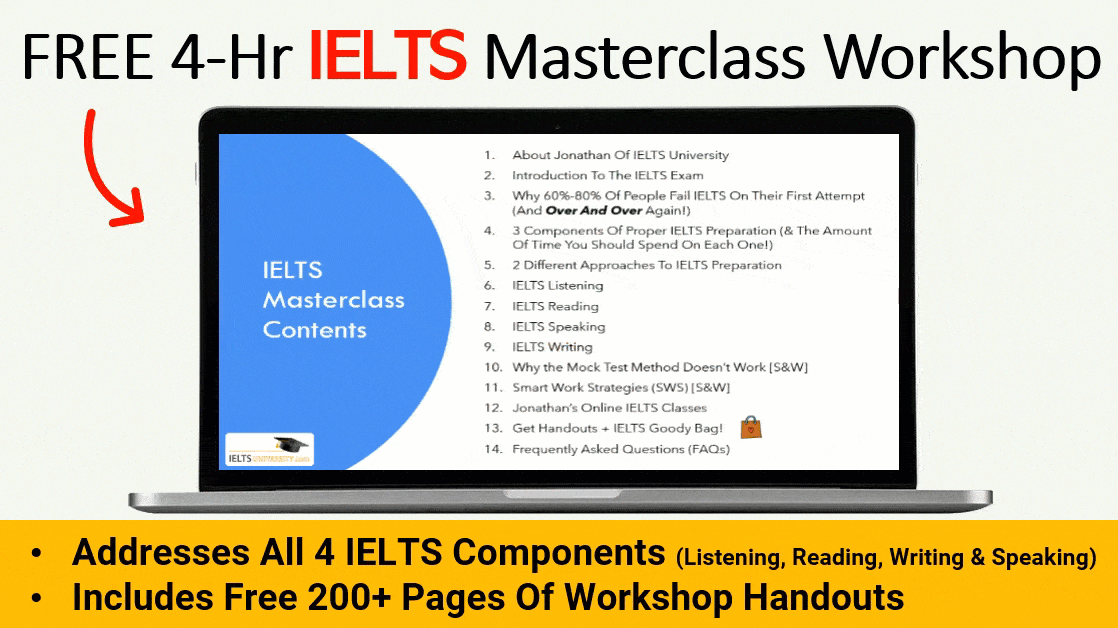The IELTS Listening test challenges not only your comprehension but also your ability to manage time under pressure. Knowing how much time you have for each task, where common pitfalls lie, and strategies to keep yourself on track are essential for achieving your best possible score.
Understanding the Time Constraints
- Approximately 30 Minutes of Audio: The test consists of four recordings of increasing difficulty.
- Tasks Interspersed: You don’t answer all questions for one recording at once. Question types vary within each recording.
- 10 Minute Answer Transfer: AT THE END, you have 10 minutes to transfer answers from your question booklet to the official answer sheet.
- No Second Chances: You hear each recording ONCE, making strategic time use crucial from the start.
Where Time is Easily Lost
- Reading Questions Too Slowly: If you dwell on every word, you lose focus on the audio when it begins.
- Fixating on Unanswered Questions: Each question is worth the same. Don’t sacrifice potential future points by agonising over one.
- Getting Bogged Down in Note-Taking: Notes are a tool, not the goal. Focus on the key information you NEED, not writing full sentences.
- Rushed Answer Transfer: Scrambling at the end leads to careless errors. Plan for that 10 minutes from the outset.
Time Management Strategies: Before the Test Day
- Mimic Test Conditions: Practice tests should strictly adhere to timings, including the answer transfer stage.
- Know Your Weaknesses: Do you struggle to settle in at the start? Lose focus near the end? Tailor your practice to address these.
- Perfect Your Note-Taking: Develop a system for capturing information quickly and in a way that’s easy for YOU to understand.
- Practice Transferring Answers: Get used to filling in the answer sheet accurately to avoid making mistakes under pressure.
Time Management Strategies: During the Test
- Preview Questions (If Possible): This brief scan helps you anticipate the information to listen for.
- Set Internal Timers: Know how long you should roughly spend per recording, allowing for the answer transfer.
- Move On Strategically: If unsure, mark the question and return to it if you have extra time at the end of the recording.
- Utilise Transition Time: During the brief pauses between recordings, clear your head, take a sip of water, and refocus for the next task.
- Stay Calm When Behind: If you realize you’re falling behind, take a deep breath and focus on doing your best on the questions at hand.
- Prioritise Answer Transfer: Rushed scribbling is a recipe for errors. Give yourself those full 10 minutes.
Why Time Management Matters for Your Score
- Information Extraction: Poor time management reduces focus, leading to missing details needed for answering the questions.
- Stress Management: Knowing you have a plan in place decreases test day anxiety and panic.
- Maximising Potential: Missing easy questions because you ran out of time is incredibly frustrating and avoidable.
- Demonstrating a Skill: The IELTS assesses not just if you understand the content, but also if you can process information within the realistic time constraints everyday and academic settings often require.
Additional Tips
- Build Concentration Stamina: Gradually increase the duration of your practice sessions to simulate the test day experience.
- Wristwatch Matters: Ensure you have a watch without alarms or complex functions to keep track of the time.
- Breaks Are Crucial: Use short intermissions between tests wisely to mentally and physically reset.
- Analyse Your Timing: Did you spend too long on specific question types? Use practice to refine your approach.
The Benefits of Effective Time Management
The skills you develop in managing your IELTS Listening test time extend outside the exam:
- Lecture Note-taking: You’ll be able to capture key points efficiently in academic settings for future reference.
- Conversation Efficiency: You’ll become more aware of staying on topic in discussions, avoiding getting sidetracked.
- Reduced Procrastination: The habit of moving forward strategically instead of fixating on one task boosts your productivity overall.
Remember: Effective time management is NOT just about speed. It’s a combination of knowing where time is easily lost, practicing under realistic conditions to identify your own trouble spots, and having a strategic system during the test. Invest in developing this skill and reap its benefits on the IELTS exam and in your wider English communication abilities!

